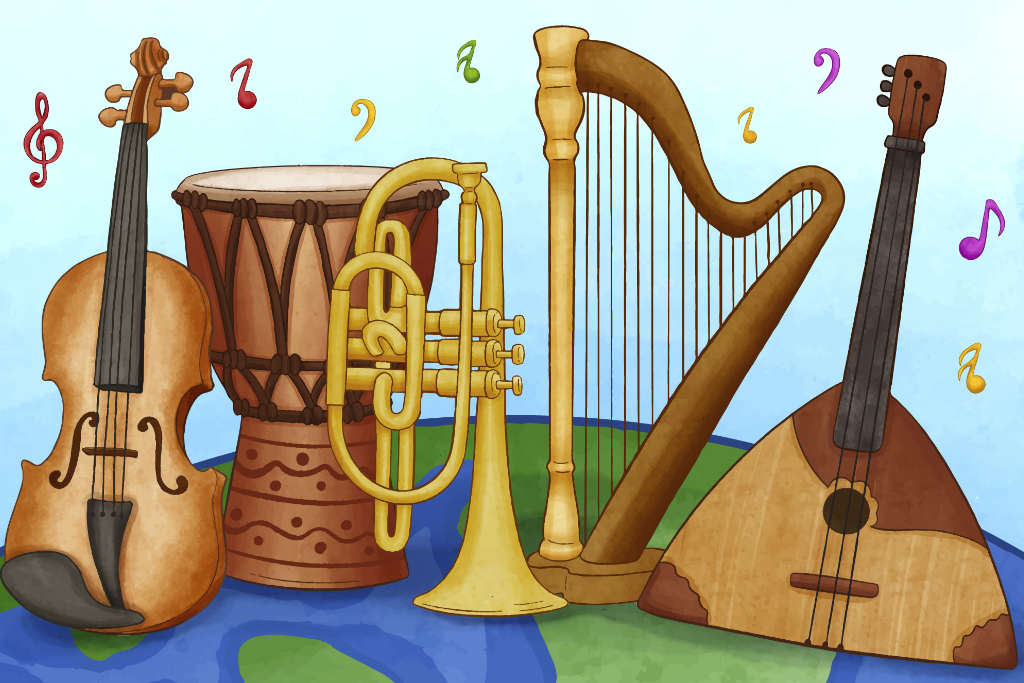How Music Helps Preserve Cultural Heritage
Exploring the Role of Music in Preserving Cultural Heritage
Music has the power to go beyond language barriers and bring people from different cultures and backgrounds together. It can also serve as a powerful tool for preserving cultural heritage and traditions. In this article, we’ll explore how music can play a vital role in celebrating diversity and keeping cultural traditions alive.
The Importance of Preserving Cultural Heritage
Cultural heritage refers to the customs, beliefs, practices, and artifacts that define a group of people. It’s what makes each community unique and distinguishes them from others. However, cultural heritage is constantly under threat from modernization, globalization, and other factors that may weaken or erase it.
Preserving cultural heritage is essential to maintain diversity, promote understanding between cultures, and foster a sense of identity and belonging among communities. As a cultural expression, Music has been used for centuries to preserve cultural heritage and traditions.
Music as a Tool for Preserving Cultural Heritage
Music is a universal language that transcends borders and brings people together. For centuries, people have used it to celebrate cultural events, express emotions, and preserve cultural heritage. Traditional music, from African drumming to Celtic folk music, has passed down from generation to generation, keeping cultural traditions alive.
Music can also serve as a tool for education, allowing younger generations to learn about their cultural heritage and traditions. Many schools and cultural organizations incorporate music into their curriculums to teach children about their cultural roots. Also the importance of preserving them.
Instances of Music Safeguarding Social Legacy
Innumerable instances of music are being utilized to safeguard social legacy all over the planet. In India, old style music customs like Hindustani and Carnatic (traditional music from India) have been passed down for a really long time, safeguarding the country’s rich social legacy. Essentially, in China, customary music, for example, guzheng and pipa (a conventional Chinese instrument) have been utilized to keep up with social practices.
In Africa, music plays had a crucial impact in safeguarding social legacy, with customary drumming and moving being a fundamental piece of numerous widespread developments. In Latin America, music sorts, for example, salsa and samba have become inseparable from social character, safeguarding the rich social legacy of the area.
Conclusion
Music has the ability to join individuals from various societies and foundations. It can likewise assume an imperative part in safeguarding social legacy and customs. By commending variety through music, we can advance comprehension and appreciation among societies and cultivate a feeling of character and having a place among networks. We genuinely must keep on perceiving the significance of social legacy and use music as an instrument to protect it for people in the future.
Image Credit: Freepik
If you’re a musician looking for the opportunity to showcase your talents on a global stage, look no further than the InterContinental Music Awards. As one of the most prestigious music awards in the world, the InterContinental Music Awards recognize and celebrate the best in music across all genres and regions.
You’ll have the opportunity to be heard by music industry executives and be internationally recognized.
So don’t wait – submit your music to the InterContinental Music Awards today and take the first step towards global recognition and success by clicking here!


